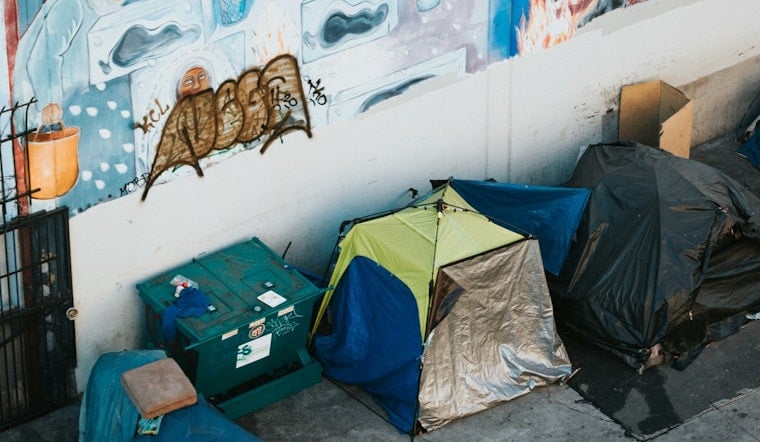Operations Interrupted by Extreme Heat
PORTLAND, Ore. — Portland’s ongoing efforts to manage homelessness faced both climate challenges and operational hurdles last week after extreme heat forced a temporary pause in camp cleanups.
On August 22, Multnomah County declared a state of emergency due to dangerously high temperatures. Under city policy, the declaration meant the Street Services Coordination Center (SSCC) suspended removals of homeless camps. The city clarified that “people will not be required to move during campsite cleanups” during weather emergencies.
Once the emergency order was lifted, operations resumed on Monday, with city departments again focusing on camps deemed to pose the greatest health and safety risks to the community.
Also Read
Shelter Referrals During the Pause
Even with the interruption, the SSCC continued outreach to individuals living in camps. According to the city’s report, 34 people expressed interest in shelter referrals during the heatwave pause, and 20 ultimately accepted placements.
The broader picture shows the scale of the city’s ongoing efforts: since April 11, 2022, the SSCC has offered 7,838 shelter referrals, with 2,507 people using a shelter bed during that time.
Officials say those numbers highlight both the challenges of persuading unhoused individuals to enter shelters and the importance of persistence in outreach.
The Role of the Impact Reduction Program
Alongside the SSCC, the Impact Reduction Program continued its work during the week, focusing on outreach, sanitation, and risk reduction. Teams received 2,549 new campsite reports, including 1,033 related to people living in vehicles.
Through coordinated efforts, crews removed 148 high-risk campsites, collecting trash and hazardous debris while ensuring campers’ personal belongings were safely stored. Outreach workers also connected people to resource referrals, emphasizing that removals are paired with offers of support rather than carried out in isolation.
Balancing Compassion and Safety
City leaders stress that Portland’s approach to homelessness cleanup aims to balance empathy with practical action. The SSCC prioritizes camps presenting the most severe risks, such as fire hazards, unsanitary conditions, or proximity to schools and public walkways.
“The goal is not just to move people from one place to another,” officials noted in the report, “but to connect them with safer environments and available resources.”
This strategy reflects the city’s broader push to address homelessness through both immediate interventions and long-term housing solutions.
Community Concerns and Broader Context
Campsite removals remain one of the most debated aspects of Portland’s homelessness response. Some residents and businesses view them as necessary for public health and safety, while advocates argue that sweeps can further destabilize vulnerable individuals.
The temporary pause during the heatwave illustrates another layer of complexity: the need to protect unhoused residents during extreme weather events. Climate change, officials say, is making such situations more frequent and urgent.
Looking Ahead
As operations resume, the SSCC and Impact Reduction Program are expected to continue their collaborative approach, which involves multiple city departments working together on cleanup, outreach, and support services.
Officials maintain that their focus is not only on addressing immediate safety risks but also on building a more coordinated system to transition people from camps into stable housing. While the scale of the challenge remains daunting, Portland leaders emphasize that every referral, every outreach conversation, and every cleanup is a step toward reducing harm and expanding opportunities for long-term stability.












